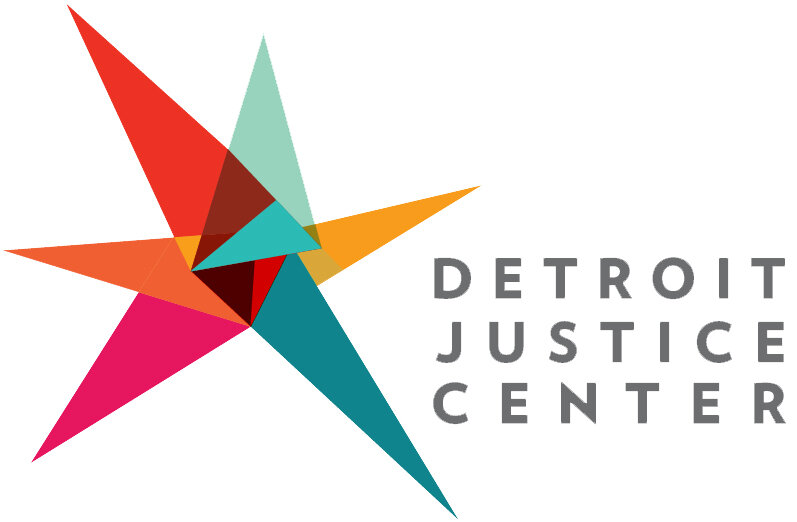At Detroit Justice Center (DJC), we know that cash bail can upend a person’s life if they’re not able to pay. It perpetuates inequality, criminalizes poverty, and undermines the presumption of innocence. So, what exactly is cash bail, and what misconceptions surround it? Let’s delve into the nuances.
What Cash Bail Is:
- A Monetary Deposit: Cash bail is a financial deposit required by a court to ensure a defendant’s appearance at trial. It can be paid in full by the defendant or through a bail bond agency.
- An Assurance of Appearance: By requiring bail, the court aims to incentivize defendants to return for trial. However, the American Civil Liberties Union (ACLU) Pennsylvania has proven other methods such as phone call reminders increase appearance rates by 42% and mail reminders may increase appearance rates by as much as 33%. Unsecured monetary bail is also more effective than monetary bail in getting defendants to show up to court.
- A Global Anomaly: The U.S. is only one of two nations alongside the Philippines to use cash bail.
What Cash Bail Is Not:
- A Determinant of Guilt: Posting bail doesn’t imply guilt or innocence. It’s merely a financial arrangement to secure a defendant’s presence in court. Defendants are presumed innocent until proven guilty, regardless of their ability to pay bail. In fact, 60% of incarcerated Michiganders have not been convicted of a crime.
- Equal for All: Cash bail disproportionately affects low-income individuals who can’t afford to pay. This creates a two-tiered system of justice, where wealthier defendants can secure their release while poorer ones remain incarcerated pretrial. Being incarcerated for even a day can result in people losing their jobs, housing, or even custody of their children.
- A Guarantee of Public Safety: While bail conditions may include provisions aimed at public safety, such as no-contact orders or GPS monitoring, there is no data to prove the correlation between cash bail and public safety, as the State Bar of Michigan shares.
States like New Jersey and New York have already eliminated cash bail in most cases, and advocates in those states have said that it’s made the criminal punishment system more equitable. According to Insha Rahman, Vice President of Advocacy and Partnerships at the Vera Institute of Justice, eliminating cash bail has leveled the playing field so your wealth or lack thereof doesn’t determine whether you stay detained pending trial or get to go home. Alexander Shalom, the director of Supreme Court advocacy at the ACLU of New Jersey recently shared with WCIA.com that within the first year of New Jersey’s system eliminating cash bail there were fewer than 40 cash bails set out of 40,000 people processed through the criminal courts, and six years later they’ve seen success with people on pretrial release returning to court. There were also low numbers of people committing serious violent crimes while released. “We have the highest return to court rates that we’ve ever seen in New Jersey [which] happened last year,” Shalom said. “The number of people who get re-arrested, released and then re-arrested for serious violent crimes, still hovers around 1%” DJC looks to states that have already abolished cash bail like New York, New Jersey, and Illinois as examples of what is possible here in Michigan. We already have this agreement in the 36th District Court, which is only in place for two to five years, but given its current success should be looked at as a model for abolishing cash bail statewide.

